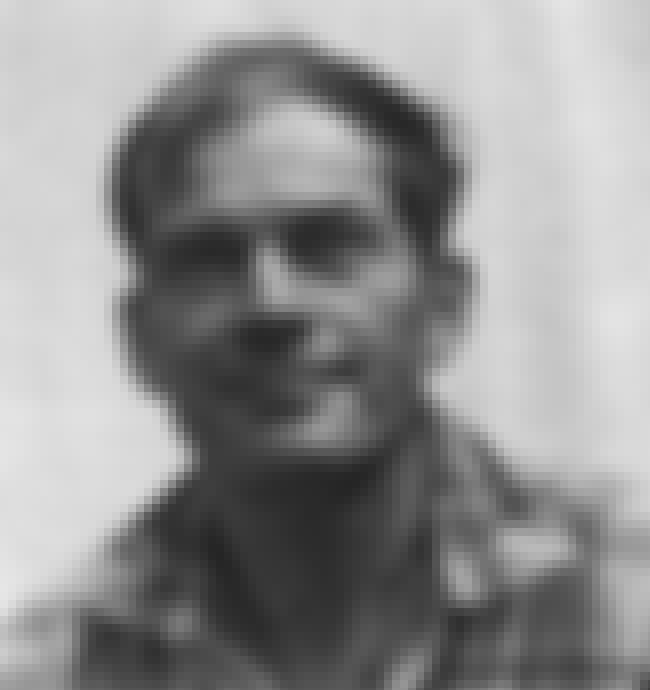The Basic Principles Of "A Closer Look at Dr. Robert MacArthur's Work on Resource Partitioning Among Species"

Looking into the Life and Legacy of Dr. Robert MacArthur: A Pioneer in Ecological Science
Dr. Robert MacArthur was a popular number in the area of eco-friendly scientific research, leaving behind responsible for a lasting tradition that proceeds to shape our understanding of the all-natural world. Born on April 7, 1930, in Toronto, Canada, he devoted his lifestyle to examining the complex partnerships between species and their atmospheres.
MacArthur's fascination with nature began at an very early age. Expanding up surrounded through the beauty of the Canadian wilderness, he created a deep-seated admiration for its complication and interconnectedness. This enthusiasm led him to go after a level in the field of biology at Yale University.
During You Can Try This Source of his opportunity at Yale, MacArthur became captivated through the industry of ecology—a style that focuses on understanding how living things engage with each various other and their surroundings. Under the support of renowned ecologist G.E. Hutchinson, he explored into research projects that would lay the groundwork for his potential job.
One of MacArthur's most substantial additions to eco-friendly scientific research was his groundbreaking research study on isle biogeography—the research study of species variety on islands. In collaboration along with Edward O. Wilson, he cultivated a algebraic model that revealed how aspects such as isle size and range from the mainland influenced species grandeur.
Their investigation tested existing theories concerning biodiversity designs and offered important ideas right into preservation initiatives on islands around the world. The principle they introduced—known as the "idea of isle biogeography"—became a keystone in ecology and has given that been applied to numerous ecological communities beyond just islands.
MacArthur's innovative method to researching environmental units extended beyond isle biogeography. His work included subject matters such as neighborhood assembly dynamics, specific niche idea, and information partitioning one of species.
Throughout his profession, MacArthur emphasized the significance of fieldwork and straight monitoring. He strongly believed that accurate understanding could just be obtained via extensive data assortment and analysis in all-natural habitats—a point of view that prepared him apart from a lot of various other experts of his opportunity.
MacArthur's commitment to his research study extended beyond academic community. He was an avid birdwatcher and devoted countless hrs observing and chronicling avian species in their all-natural habitations. His interest for birds led him to become a leading authority on the topic, publishing several papers and co-authoring the important book "Topographical Conservation: Patterns in the Distribution of Species."
Sadly, MacArthur's lifestyle was reduced quick when he passed away from cancer cells at the grow older of 42. Having said that, his effect on environmental science carries on to resonate today. His job put the research for future generations of ecologists, inspiring them to discover and reveal the complex workings of our world's environments.
MacArthur's heritage goes beyond his scientific additions alone. He was known for his kindness as a mentor, leading and inspiring numerous young experts throughout their jobs. His excitement for conservation was communicable, leaving behind a lasting perception on those who had the opportunity of working along with him.
In recognition of his groundbreaking study and exceptional contributions to environmental science, MacArthur acquired various accolades throughout his lifetime. These included being chosen as a member of both the National Academy of Sciences and the American Academy of Arts and Sciences.
Dr. Robert MacArthur's life might have been sadly short-lived, but his impact on ecological scientific research is countless. His innovative research techniques and groundbreaking concepts carry on to form our understanding of attribute's intricacies today.

As we explore the world around us, we owe a debt of thanksgiving to leaders like Dr. Robert MacArthur who committed their lives to unraveling attribute's mysteries. Their determined attempts pave the method for future productions to construct upon their job and even further our understanding of the delicate harmony that exists within environments worldwide
